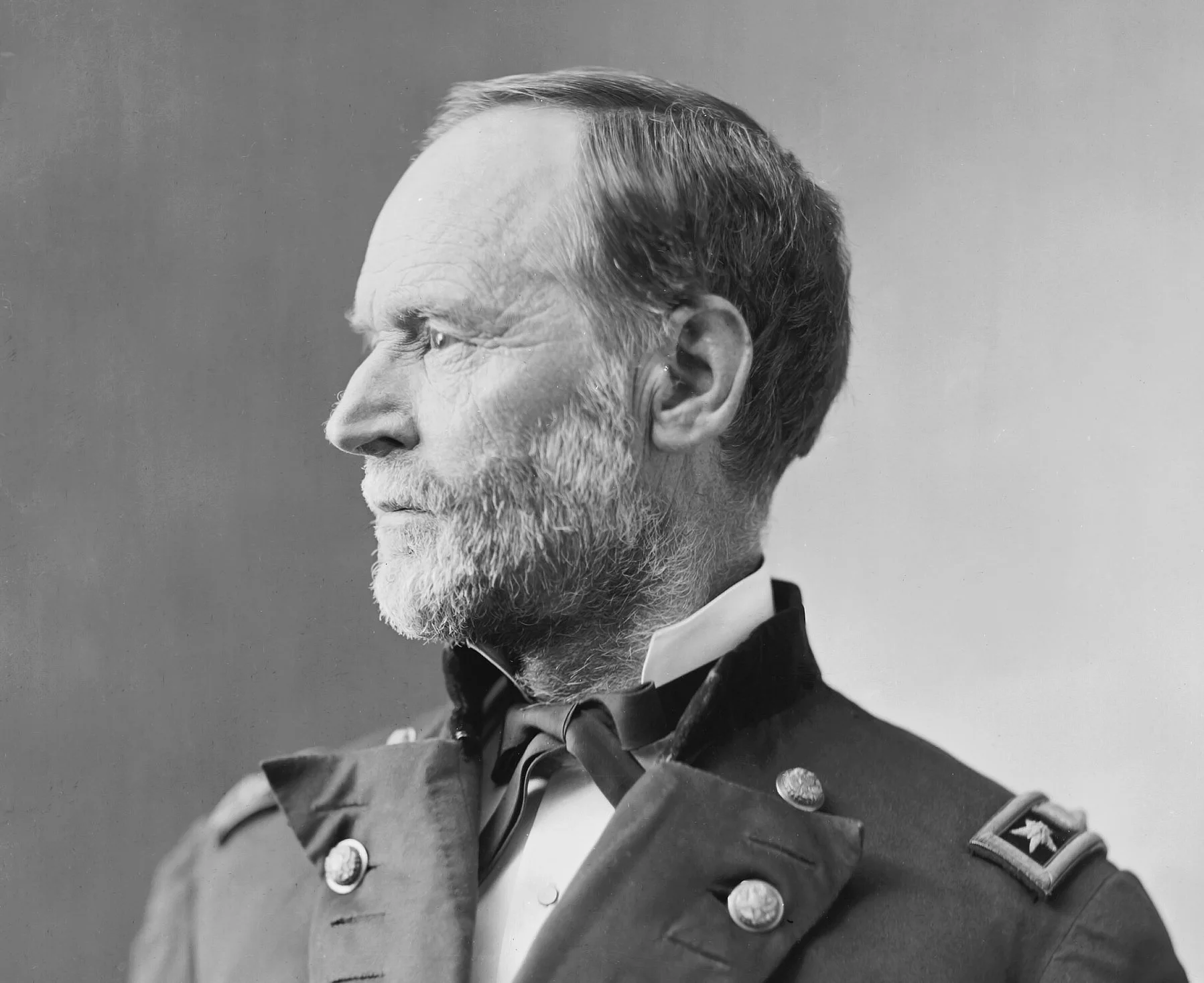General Sherman’s Visit to Savannah
Many have heard of General Sherman’s infamous “March to the Sea” during the Civil War. In just one month, he led his troops from Atlanta, Georgia all the way down to Savannah’s port. He used what many historians view as the first “total warfare” strategy in America, with his “scorched earth” policy. This policy dictated that whenever his troops were done foraging the surrounding areas of a city; they would burn the whole thing “down to the scorched earth” before moving on. The idea was to destroy every Confederate supply and transport system before capturing the port of Savannah, hopefully forcing the Confederate army into a surrender. Every single city that Sherman passed through suffered a fiery fate-except for Savannah.
General Sherman and his troops marched into Savannah on December 21, 1864. They walked over the Savannah River by way of a makeshift pontoon. Upon reaching the city, they were greeted by a telegraph from Savannah Mayor Richard Dennis Arnold. In his telegraph, he proposed a sort of truce with the infamous general. He claimed that Savannah would surrender use of the port and habitation of the city to Sherman and his troops without resistance, on the condition that their city be spared from the same fiery death as the previous cities he had marched through. He urged Sherman to accept the offer, even stating that he would find the perfect house for him to stay in during his time in the city.
Luckily, Sherman agreed to these conditions, and his troops occupied the city that same day. He was set up in the home of a wealthy cotton merchant named Charles Green in his family home. (Today, this house is known as the Green-Meldrim House) Sherman was very pleased with his accommodations, and used the house as his main quarters for several months. He was so pleased with himself as well, that he in fact sent a letter to President Abraham Lincoln, begging him to accept the city of Savannah as a Christmas present. He also offered Lincoln over 150 heavy guns with ammo to match, and 25,000 bales of Savannah cotton, courtesy of Mr. Green. Nobody knows quite what changed the hardened general’s heart that day; maybe it was softened by the Christmas season, or perhaps he was just as taken with the city as we are today, but the citizens of Savannah will forever be grateful that our charming little city was spared.
